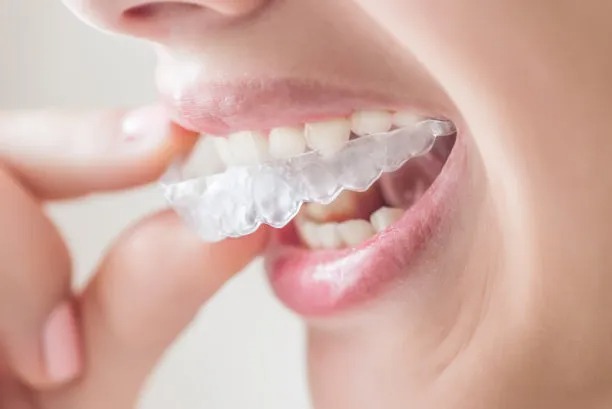The Importance of Caring for Your Teeth Before and After Extracting a Tooth for Optimal Oral Health
Summary: Proper care for your teeth before and after an extraction is essential for maintaining optimal oral health. This article explores the necessity of dental hygiene, the procedural aspects of tooth extraction, post-extraction care, and the long-term effects on oral health. Understanding these elements helps individuals minimize discomfort, prevent infections, and ensure an overall positive experience during and after the tooth extraction process. By adhering to these guidelines, patients can significantly improve their recovery and maintain their teeths integrity, leading to healthier gums and a happier smile.
1. The Role of Dental Hygiene Before Extraction

Prior to undergoing a tooth extraction, maintaining excellent dental hygiene is pivotal. Good oral care reduces the risk of infection, which can complicate the procedure. Brushing twice a day and flossing regularly helps eliminate plaque and food particles, creating a healthier environment for the extraction.
Another critical factor is the importance of your dentist鈥檚 evaluation before the procedure. A thorough examination allows the dentist to identify potential issues, such as decay or gum disease, that need addressing. By discussing your oral health history and current dental issues, you can ensure that you鈥檙e fully prepared for the extraction.
Additionally, avoiding certain foods and beverages in the days leading up to the extraction is advisable. Foods that are overly sticky or hard can cause additional strain on the teeth, while sugary drinks may contribute to gum inflammation. Rather, focus on a balanced diet that nourishes your body and supports your dental health.
2. Understanding the Tooth Extraction Process
Understanding the tooth extraction process is essential for alleviating anxiety and preparing mentally for the procedure. The dentist will typically begin by administering a local anesthetic to numb the area surrounding the tooth to ensure minimal discomfort during the extraction.
Following the administration of anesthesia, the extraction itself can take various forms, depending on the tooths condition. Simple extractions involve teeth that are visible above the gum line, whereas surgical extractions may be necessary for impacted teeth. Both methods require skill and precision, illustrating the importance of choosing an experienced dental professional.
After the procedure, the dentist will provide specific instructions geared towards recovery. This guidance may include recommendations on pain management, dietary restrictions, and follow-up appointments, all of which are crucial for a smooth recovery process.
3. Post-Extraction Care and Recovery Tips
Post-extraction care is crucial for ensuring a swift recovery and optimal oral health. Initially, patients may experience some bleeding, swelling, or discomfort. Applying a cold compress to the outside of the cheek can help minimize swelling and manage pain.
Its also essential to follow the dentists guidance regarding medication, including pain relievers and antibiotics, to prevent infections. Adequate hydration and a diet consisting of soft foods like yogurt, smoothies, and mashed potatoes are recommended to promote healing while avoiding aggravation to the extraction site.
Maintaining good oral hygiene is just as important after extraction as it was before. Gently rinsing with salt water can aid in relieving discomfort and cleansing the area. Patients should be careful to avoid vigorous rinsing for the first few days, as this can dislodge the blood clot essential for the healing process.
4. Long-Term Impact on Oral Health
Taking care of your dental health after a tooth extraction can have long-term benefits for oral hygiene. If the extraction site heals properly, it will help prevent complications such as dry socket, infections, and potential complications in neighboring teeth.
Additionally, maintaining regular dental check-ups following the extraction can help monitor ongoing oral health. Your dentist can evaluate how the extraction impacts your bite and alignment, adjusting treatment plans as necessary.
Finally, adopting a proactive approach to oral health through good hygiene practices and a balanced diet after extraction contributes to an overall healthier mouth. This commitment can lead to stronger teeth, healthier gums, and an enhanced quality of life.
Summary:
Managing oral health before and after a tooth extraction is integral to ensuring optimal outcomes. From maintaining excellent dental hygiene to understanding the extraction process and following proper recovery techniques, these aspects play a critical role in long-term oral health. Individuals who prioritize these elements can experience less discomfort and improved oral health overall, contributing to a confident smile.
This article is compiled by Vickong Dental and the content is for reference only.



